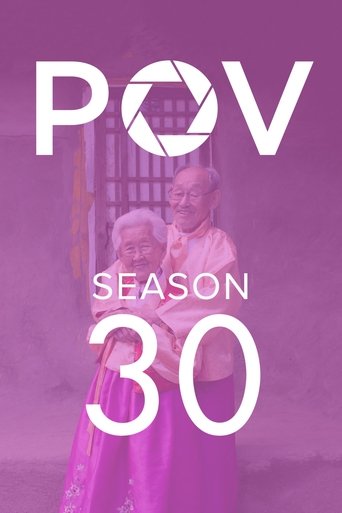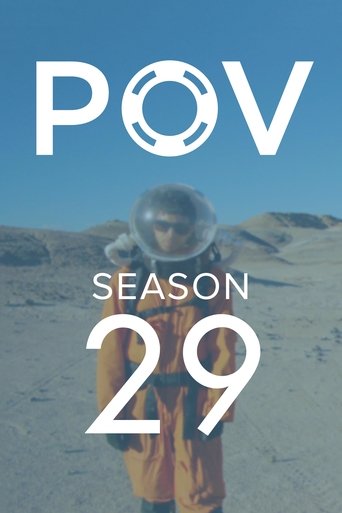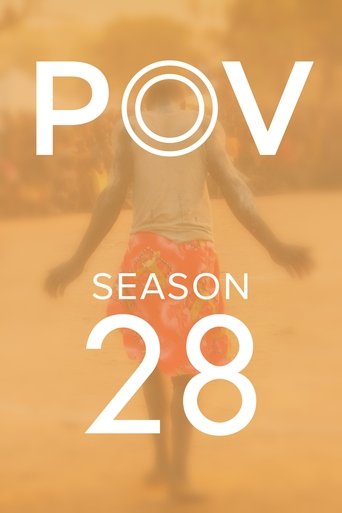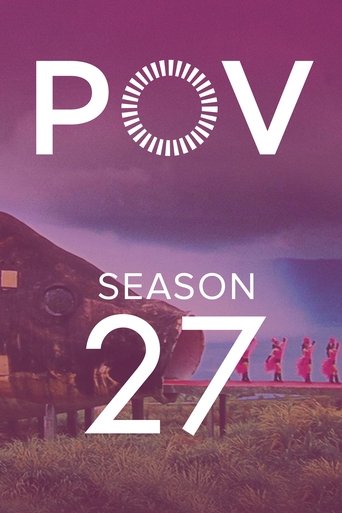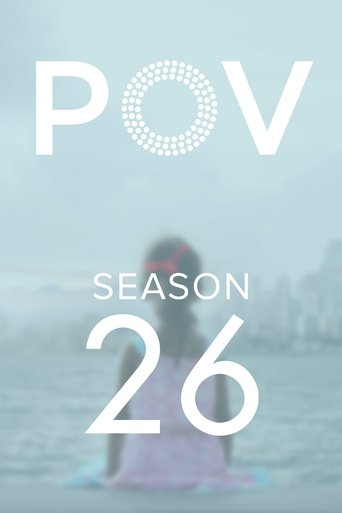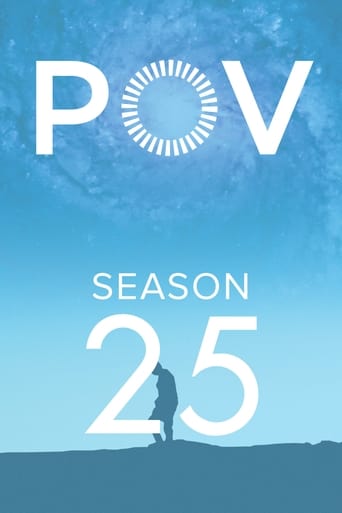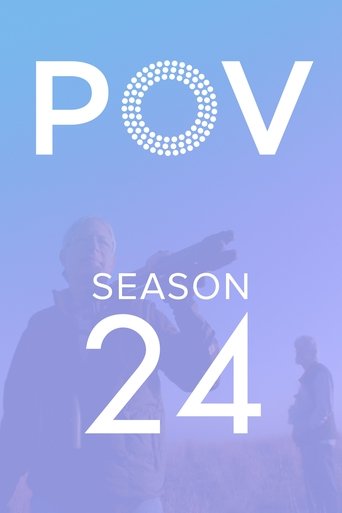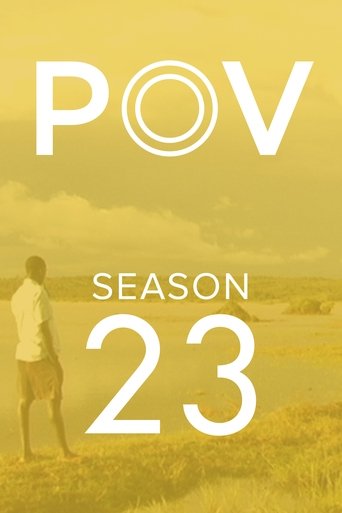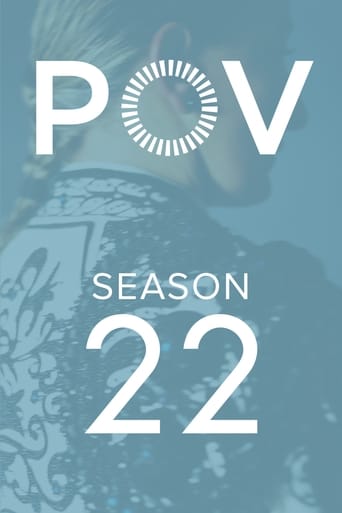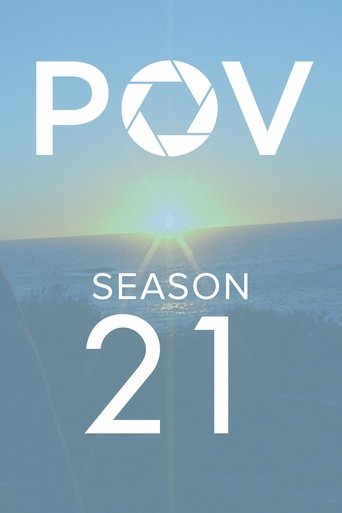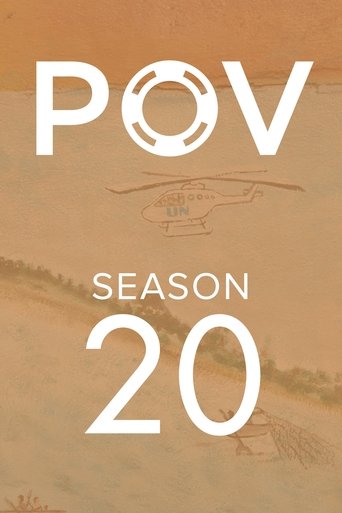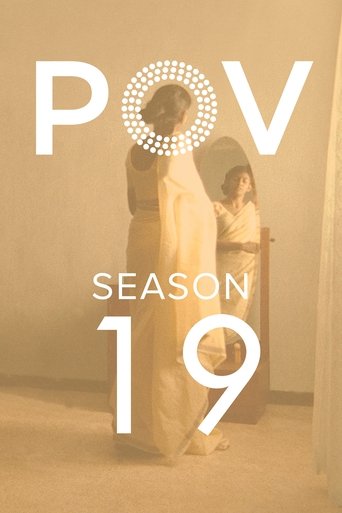POV Season 13
POV is a Public Broadcasting Service public television series which features independent nonfiction films. POV is an initialism for point of view. POV is the longest-running showcase on television for independent documentary films. PBS presents 14-16 POV programs each year, and the series has premiered over 300 films to U.S. television audiences since 1988. POV's films have a strong first-person, social-issue focus. Many established directors, including Michael Moore, Jonathan Demme, Terry Zwigoff, Errol Morris, Albert and David Maysles, Michael Apted, Frederick Wiseman, Marlon Riggs, and Ross McElwee have had work screened as part of the POV series. The series has garnered both critical and industry acclaim over its 20-plus years on television. POV programs have also won major industry awards including three Oscars, 32 Emmys, 36 Cine Golden Eagles, 15 Peabody Awards, 11 Alfred I. duPont-Columbia Awards, the Prix Italia and the Webby Award.
Watch Trailer
POV Season 13 Full Episode Guide
A Korean-American adoptee tries to forge relationships with her biological family as she sorts out her feelings toward her adoptive one in “First Person Plural,” an intensely introspective film by Deann Borshay Liem, who was born amid the chaos and poverty of mid-1950s Korea, and adopted in 1966 by Californians Alveen and Arnold Borshay. They assumed Deann was an orphan, but she wasn't---a fact she learned after growing up.
Following abortion politics as they played out during the 1990s in one U.S. town, Bedford, N.H. It focuses on OB/GYN Wayne Goldner, who performs abortions. Not surprisingly, Goldner is a lightning rod for pro-life protesters, and he's also involved in two controversies: a hospital merger that imperiled abortion rights and a sex-education course he taught at Bedford's middle school.
A heartfelt history of KFPA, the nation's oldest alternative radio station, the Pacifica Foundation's eclectic flagship, based in Berkeley, Cal. Since KPFA signed on in 1949, it has broadcast everything from Soviet-press reviews to bird calls. Even conservatives have gotten airtime. Of course, KPFA has always been controversial, and recently, the controversy has been internecine. This hour doesn't shrink from that, but mostly it celebrates KPFA. Author Alice Walker narrates.
Exploring the secretive and largely unassimilated Romani culture as it follows one Spokane, Wash., Gypsy family. That family, the Markses, had a score to settle with the city of Spokane, which had their house raided in 1986 in search of stolen goods. The family later sued for improper police search, and writer-director Jasmine Dellal's film follows the case---and family head Jimmy Marks' obsession with it---closely.
Gambling hits home in filmmaker Lisanne Skyler's perceptive profile of Las Vegas residents living with constant temptation. “The hardest part of living in Las Vegas is the gambling machines,” says one woman. “They're everywhere.” Adds Lou Gerard, a Los Angeles tailor who retired to Las Vegas (and is the film's primary focus), about his gambling: “Sometimes I feel sorry for myself but I get over it. There's always a next time.” (But Gerard did stop gambling in 1999).
Following Cuban expatriate Silvia Moroni Heath, the daughter of a sugar planter, as she returns to her homeland after an absence of 37 years. First stop: the house in which she grew up. It's now a bank, and the guard outside won't let her in. The hour, which intersperses family stills and footage of prerevolutionary Cuba, also follows Moroni to the the Cuban countryside and to the Havana Yacht Club, where her debutante ball was held.
Ex-white supremacist Ron Withrow, who founded the White Students Union at a California college, discusses why he became a racist and why he turned away from it in the late 1980s. Withrow is also seen in clips from “The Phil Donahue Show” (both before and after his conversion) and he's seen with his Hispanic wife. Also interviewed are Tom Metzger of the White Aryan Resistance and authors Matt Wray (“White Trash: Race and Class in America”) and Jessie Daniels (“White Lies”). Directed by Elizabeth Thompson.
Stranger With A Camera is a 2000 documentary film by director Elizabeth Barret investigating the circumstances surrounding the 1967 death of Hugh O'Connor. Barret, who was born and raised in the region, explores questions concerning public image and the individual's lack of power to define oneself within the American media landscape. By contrasting multiple perspectives from locals and O'Connor's film crew, Barret weaves a tale of a complexly motivated crime with an insightful exploration of how the media affects the communities it chronicles. The film premiered at the 2000 Sundance Film Festival and later aired on the PBS series P.O.V.
“La Boda” (The Wedding) follows a Mexican-American migrant farmworker during the six days prior to her nuptials. Bride-to-be Elizabeth Luis, an American citizen, lives with her parents and seven siblings (six of them sisters) in Texas's Rio Grande Valley, but the family travels frequently to California fields and to their home town, Nuevo Leon, Mexico, where her wedding to Artemio Guerrero is to take place. “Destiny will take us,” he tells director Hannah Weyer, “and that's where we will go.” But he and Elizabeth both suspect that destiny will take them north again.
Chronicling the two-year “tree-sit” by environmental activist Julia Hill, examining the controversy over clear-cutting in old-growth Northern California forests. Hill, who took the name Butterfly, is interviewed on a platform more than 100 feet off the ground in the redwood (she calls it “Luna”) she lived in from December 1997 to December 1999 as part of a protest organized by the environmental group Earth First! “By staying in the tree,” she says, “I am completely enwrapped and encased in nature's world.”
Seasons








